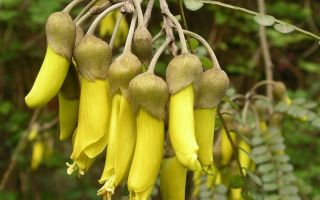Content
The healing properties and use of Japanese Sophora helps with pathologies of the respiratory system, heart and blood vessels, the digestive tract, and the urinary system. In China, this plant is considered a symbol of longevity, health, therefore, roots, flowers, fruits, bark are used for therapeutic purposes, making decoctions from them. It is also cultivated for decorative purposes.
Chemical composition of Japanese Sophora

Japanese Sophora is a powerful tree with a wide openwork crown of a pale green color. Belongs to the legume family. Japan and China are considered the birthplace of Sophora. There the tree is known not only for its beauty, but also for its medicinal properties.
Sophora Japanese is a rather tall tree, growing up to 25 m. It has an umbrella or spherical crown. The trunk is covered with dark bark with deep cracks. Petiolate leaves are arranged alternately. The length of the leaf together with the petiole is 12-25 cm. The plate is smooth, saturated green. In the evenings, the leaf plates are folded and lowered, in the morning they unfold again. Flowering begins in early August. The flowers are yellow-white with a pleasant aroma. At the end of October, fruits ripen - green beans up to 8 cm in size. As they ripen, they acquire a red color.
The Japanese Sophora includes:
- ascorbic acid (vitamin C);
- rutin (vitamin P);
- Quercetin (a powerful antioxidant that slows down aging);
- substances included in the flavonoid group;
- glycosides;
- fixed oils;
- alkaloids;
- organic acids;
- minerals (iron, potassium, magnesium, zinc, iodine, boron).
With such a rich chemical composition, it is not surprising that the tree has strong medicinal properties.
Why is Japanese sophora useful?
Many medicines are prepared from Japanese sophora. All parts of Sophora have healing properties. The main useful qualities of the plant:
- stabilizes blood pressure;
- positively affects the condition of the capillaries;
- thins the blood, preventing the formation of cholesterol plaques;
- suppresses allergic reactions;
- strengthens the body's defenses;
- promotes rapid tissue regeneration;
- cleanses the skin, relieves inflammation and itching;
- stimulates the growth of hair and nails;
- has a detrimental effect on pathogenic microorganisms;
- regulates metabolic processes in the body.
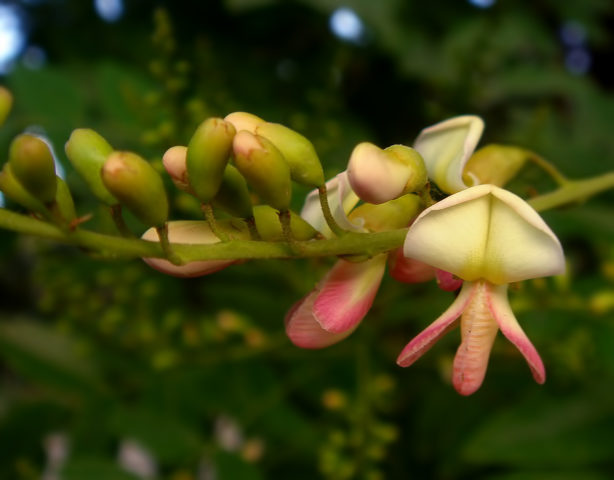
Medicines from Japanese Sophora are used to treat the vascular system, urinary system, respiration and digestion. They give a positive result in the treatment of oncology, lupus erythematosus, varicose veins. They improve blood circulation in gangrene, prevent the development of heart attacks and strokes.In addition, Japanese Sophora has excellent antioxidant properties, and is also a good antidote for toxicosis.
Harm of Japanese Sophora
Some experts believe that the plant is poisonous, but the correct dosage should be observed and decoctions and infusions should be used only with the permission of a doctor. Taking the Sophora under his supervision, the harm is minimal. However, like other medicines, it has contraindications and side effects. Possible consequences of admission include diarrhea, vomiting, and pain in the epigastric and intestinal regions. At the first symptoms, you should stop taking and consult a doctor.
Since the plant is widely used in pharmacology and is quite popular in traditional medicine, a specialist will give detailed recommendations.
Contraindications for use
Statistics show that most patients taking drugs with Japanese Sophora tolerate them well. But it is important to understand that the components of a plant have the property of accumulating in the body, therefore, negative consequences from taking, if they arise, then not immediately. This sometimes misleads patients about the causes of allergic reactions from the body. Doctors recommend that you carefully monitor your well-being during treatment.
Contraindications to the use of Japanese Sophora, experts include:
- age up to 3 years;
- hypotension;
- cystitis;
- individual intolerance to some of the components that make up the composition;
- activities related to increased attention, driving vehicles, operating machines and machine tools.
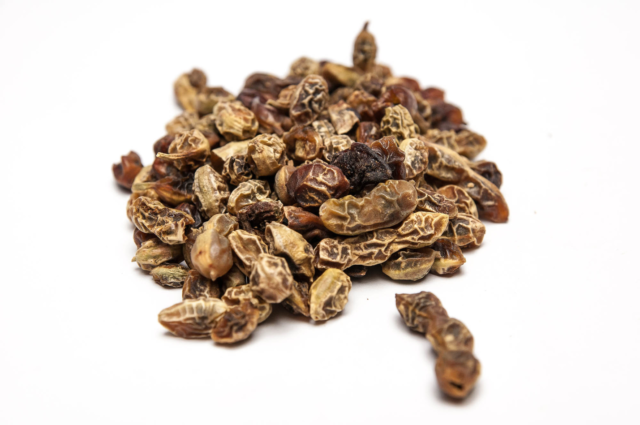
We should also dwell on the period of pregnancy. Sophora alkaloids are highly active and can affect all organs and tissues. They easily cross the placenta, and rutin can cause miscarriage as it promotes active muscle contraction. The possible consequences should make you wonder how much the drug is needed for a pregnant woman.
Rules for the use of Japanese Sophora
Medicines with a plant in the composition can be for internal and external use. Therapy should be carried out in accordance with the instructions for use in order not to provoke side effects. As a rule, means for internal use are used within a month, followed by a break of 10-30 days. For prevention purposes, drugs are used four times a year. As for the infusions, tinctures, broths prepared according to the recipes of traditional medicine, the rules of use will depend on the raw materials (fruits, leaves, flowers) of Sophora.
Application of Japanese Sophora
In pharmacology, Japanese Sophora has found application due to its medicinal properties. It is often included in dietary supplements, medicines, and vitamin complexes. Such popularity of the plant is due to the high content of rutin (vitamin P) in its composition. It is for this reason that Sophora is used to create regenerating, hemostatic and anti-inflammatory drugs.
Sophora Japanese could not go unnoticed by cosmetologists. Plant seed oil, honey, tinctures and decoctions from buds have a wound-healing effect, brighten pigmented skin well, nourish, moisturize, protect from the dangerous effects of sunlight and relieve inflammation. Specialists recommend Sophora-based cosmetic ointment for the following problems with the skin of the face and body:
- excessive pigmentation;
- age wrinkles, flabbiness;
- rosacea;
- inflammatory processes.
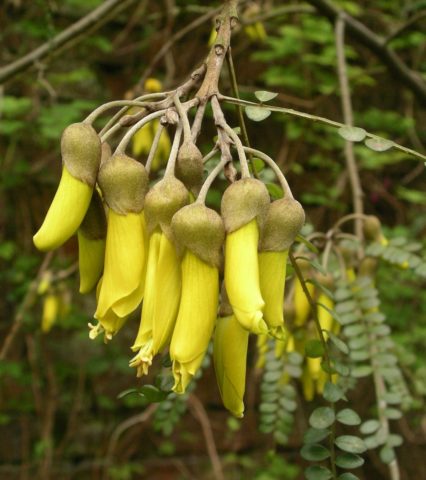
Sophora-based lotions regulate sebum secretion, tighten pores, and help get rid of seborrhea and neurodermatitis.
The use of Japanese Sophora in traditional medicine
In traditional medicine, sophora is used as a raw material for the production of medicines. Pahikarpin is prescribed for the following pathologies:
- to activate labor activity;
- with inflammation of nerve cells;
- for the treatment of vascular spasms;
- with muscle diseases.
The drug is available in several forms: tablet and in the form of a solution for injection.
Ascorutin is sold in the form of tablets and is recommended for the treatment and prevention of various pathologies of blood vessels and capillaries, with a lack of vitamins C and P. The course of treatment and doses are adjusted by the attending physician based on the disease, its symptoms and severity.
Sophorin - a tincture of fruits on ethyl alcohol, used for external use for burns, wounds, boils, trophic ulcers. It is used for rinsing, rinsing and in the form of compresses. The tool has contraindications - individual drug intolerance.
The use of Japanese Sophora in traditional medicine
In folk medicine, Japanese Sophora is used for bleeding, including pulmonary, skin pathologies, diseases of the liver, stomach, intestines. Decoctions and infusions are useful for ulcerative pathologies of the stomach and duodenum, inflammation in the intestines. Means from fruits and seeds are used to reduce blood pressure, with insomnia. Sophora is also effective in the treatment of diabetes mellitus and is used as an adjuvant in oncology.
Among the recipes for traditional medicine, you can find the following remedies:
- decoctions, including from the roots;
- alcohol tinctures;
- infusions;
- teas;
- oils;
- honey;
- lotions.
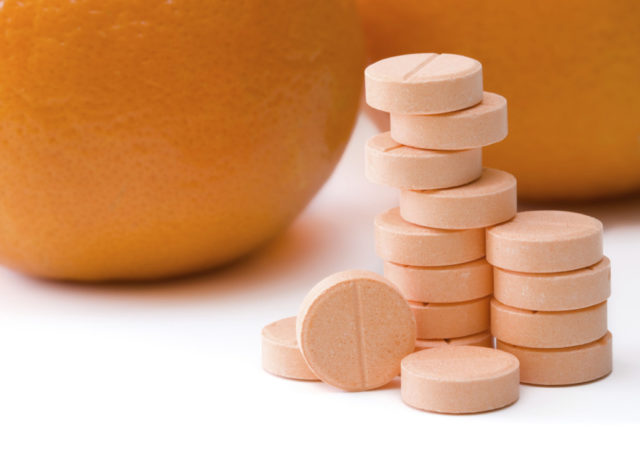
Sometimes a powder is prepared from the dried flowers of Japanese Sophora, ground on a coffee grinder.
Conclusion
The healing properties and use of Japanese Sophora were first tested by Chinese healers. Today, its popularity is due to the desire of people to turn to natural remedies for various diseases. The medicinal properties of the plant allow it to be used in folk and traditional medicine, as well as in cosmetology. The main therapeutic value of the plant is in anti-inflammatory, antimicrobial, hemostatic and restorative qualities. Despite all the healing properties, children can use Sophora only after consulting a pediatrician.
Reviews on the use of Japanese Sophora

